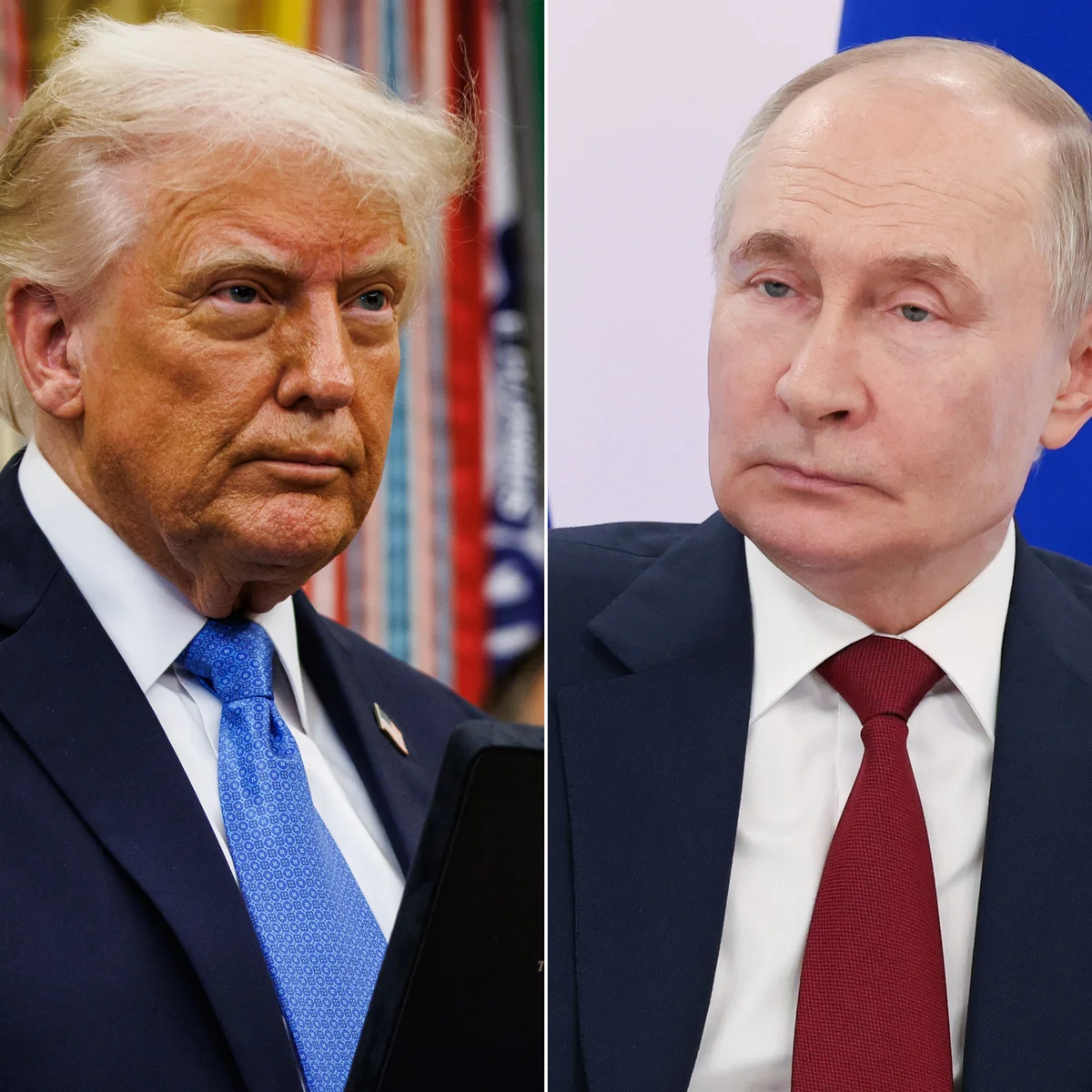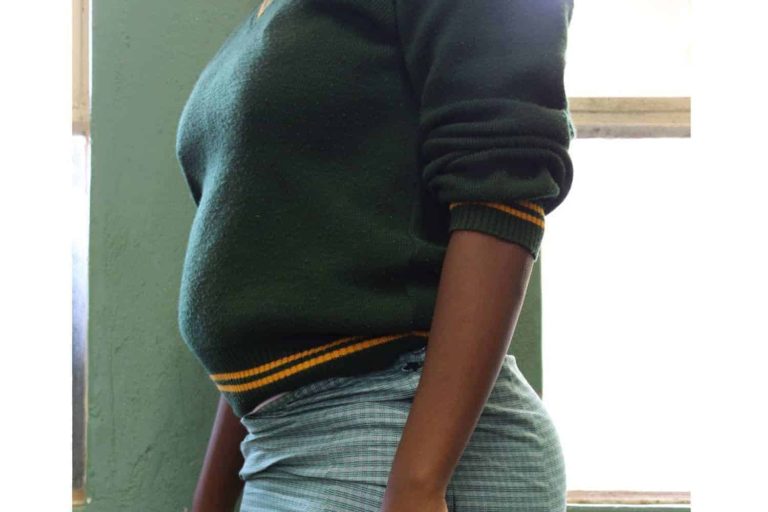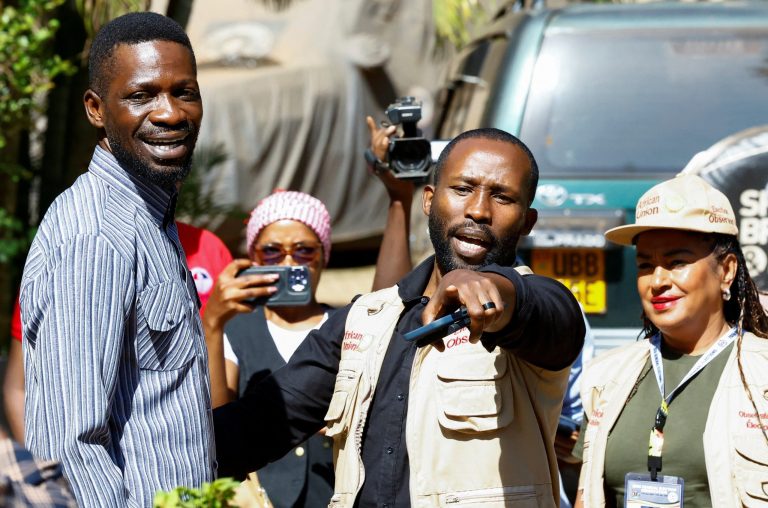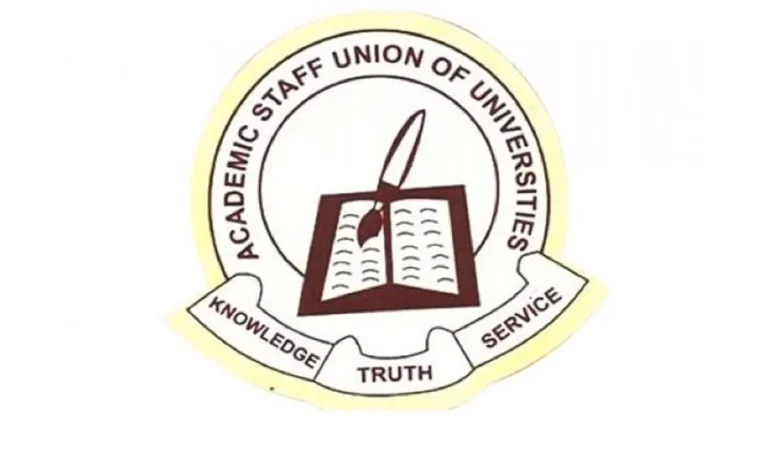
US President Donald Trump wrapped up his historic state visit to the United Kingdom on Thursday with a sharp rebuke of Russian President Vladimir Putin, declaring that the Kremlin leader had “really let me down” over the ongoing war in Ukraine.
The comments came after wide-ranging talks with Prime Minister Keir Starmer at Chequers, the premier’s country residence, on issues spanning Ukraine, Gaza, trade, technology, and migration.
Just a day earlier, Trump had been hosted with full royal pageantry by King Charles III at Windsor Castle. On Thursday, Starmer sought to leverage his position as a bridge between Trump and European allies, pressing the US leader to back stronger international pressure on Moscow.
At a joint press conference, Trump revealed his frustration with Putin:
“I thought Ukraine would be the easiest conflict to end because of my relationship with President Putin. But he’s let me down—he’s really let me down.”
He called on European nations to stop purchasing Russian oil, insisting that falling prices would weaken Moscow’s war effort:
“If the price of oil comes down, Putin’s going to drop out of that war.”
Trade, Tech, and Tensions
While the two leaders found common ground on trade and investment, they disagreed on the UK’s intention to recognise a Palestinian state. Still, Trump praised the May trade agreement between the US and UK as “the best” Washington had signed, crediting Starmer’s warm approach for easing tensions in the ongoing tariff dispute.
Earlier in the day, both leaders hailed the “unbreakable bond” between the US and UK as they signed a sweeping technology deal focused on artificial intelligence, quantum computing, and nuclear energy.
The agreement was accompanied by £150 billion ($205 billion) of fresh US investment in the UK from firms such as Microsoft, Google, and Blackstone.
Starmer, seeking to highlight his rapport with the American leader, remarked:
“We are leaders who genuinely like each other.”
Trump, in turn, expressed admiration for Britain’s wartime leader Winston Churchill during a private tour of Churchill artifacts at Chequers—a gesture carefully aimed at his historical sympathies.
Royal Pomp and Political Shadows
Trump’s visit combined diplomacy with spectacle. On Wednesday, he was received with lavish ceremony at Windsor Castle, including gun salutes, mounted soldiers, and traditional bagpipes.
At the state banquet, Trump called the event “one of the highest honours of my life,” while King Charles praised his support for Ukraine and urged global leaders to safeguard the environment for future generations.
First Lady Melania Trump, who stayed in Windsor on Thursday morning, joined Princess Catherine and Queen Camilla for cultural engagements, including a visit to Queen Mary’s Doll’s House.
Yet the visit was not without controversy. An estimated 5,000 protesters took to the streets of central London to demonstrate against Trump, who remained shielded from public view throughout his trip.
Meanwhile, Starmer faced domestic turbulence after dismissing his Washington ambassador, Peter Mandelson, over ties to disgraced financier Jeffrey Epstein—a figure whose shadow also lingers over Trump from past associations.
A Calculated Gamble
For Starmer, the high-stakes visit appears to have paid off. He secured major investment deals, bolstered UK-US alignment on Ukraine, and managed to navigate a potentially explosive joint press conference with Trump largely unscathed.
Granting Trump an unprecedented second state visit, the prime minister now claims tangible diplomatic dividends—even as both leaders left certain disagreements unresolved.
Trump was set to depart for Washington later Thursday evening, closing a visit marked by pageantry, politics, and pointed words for Putin.



